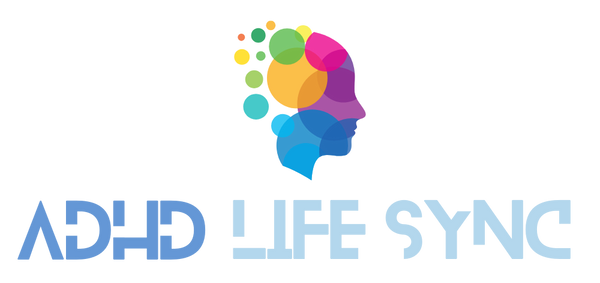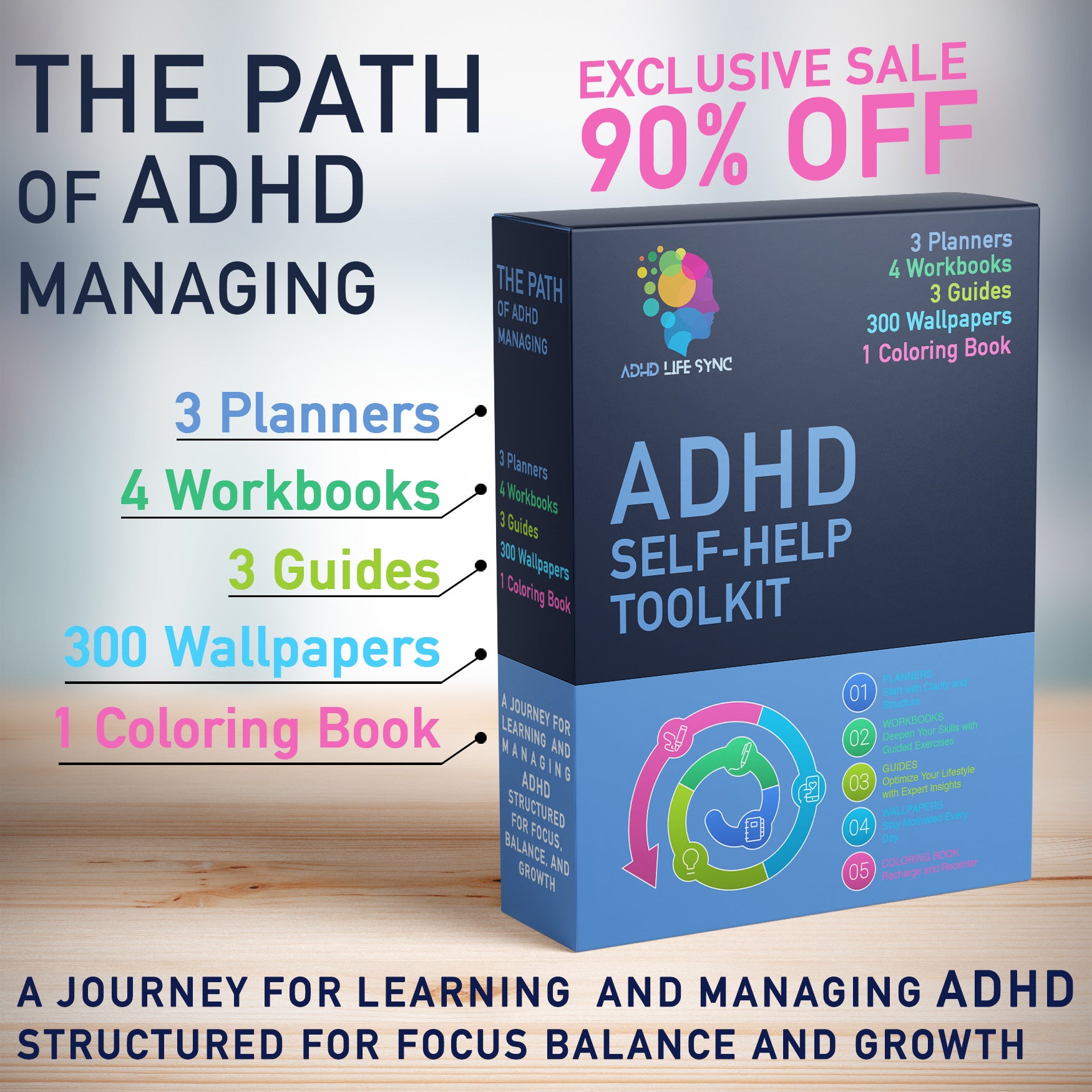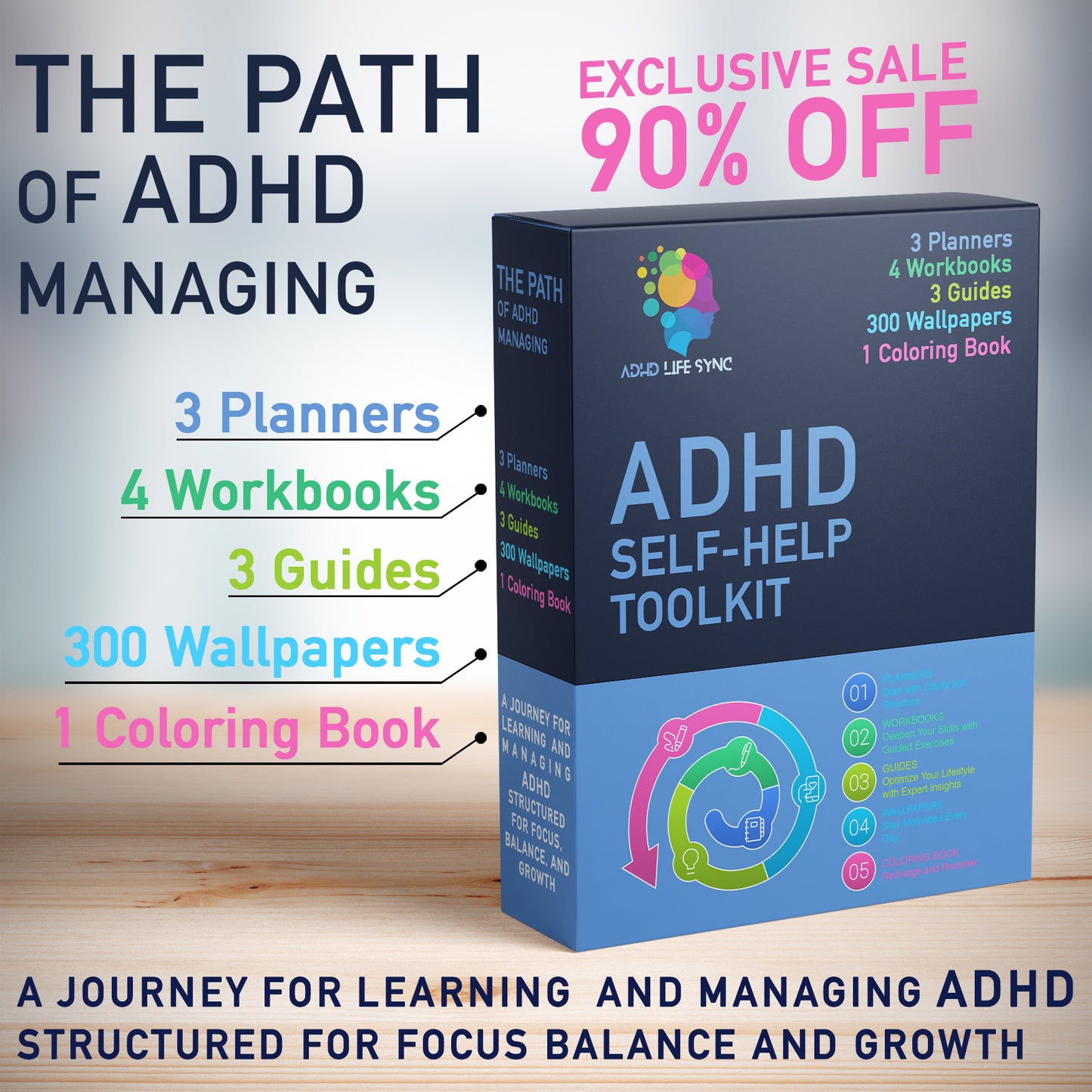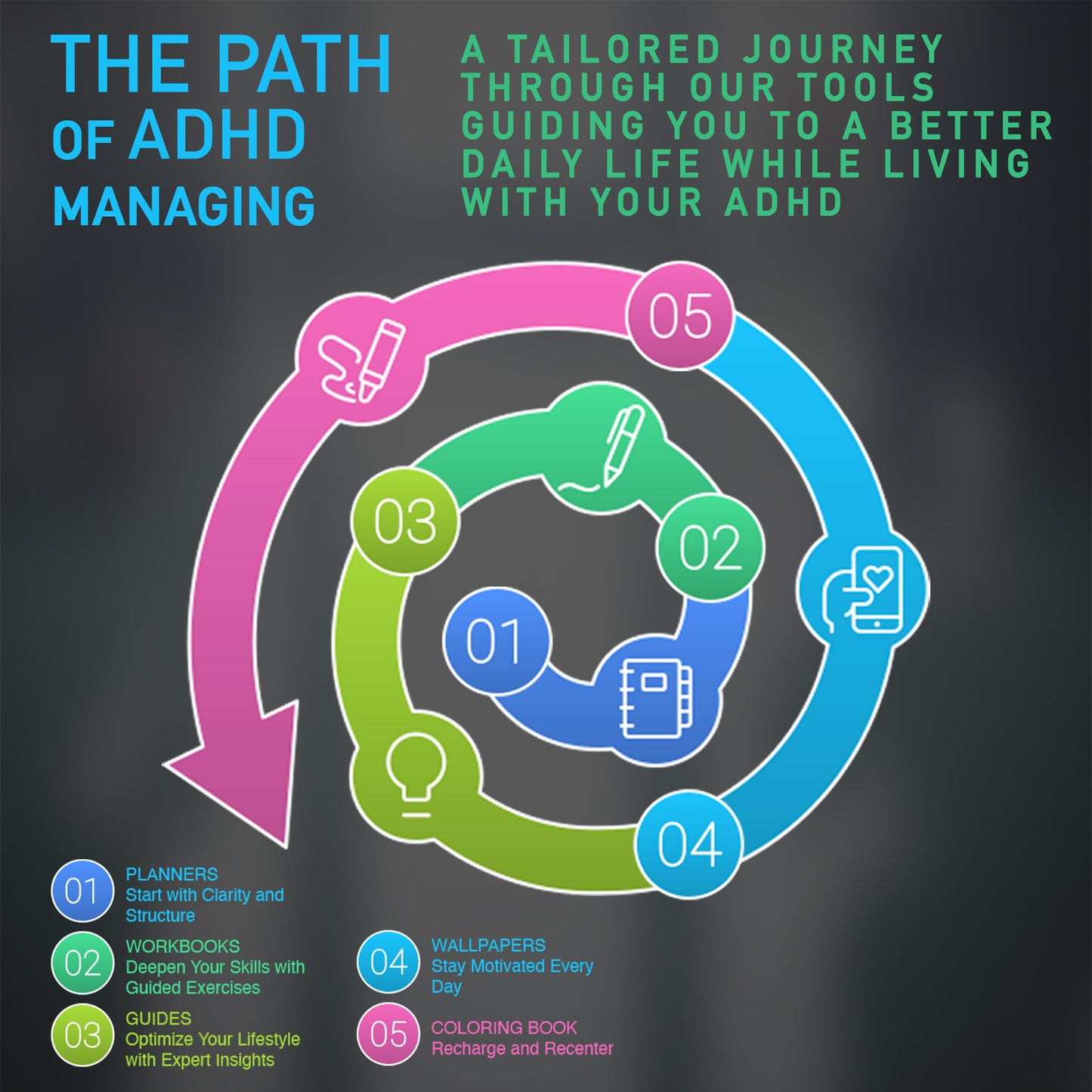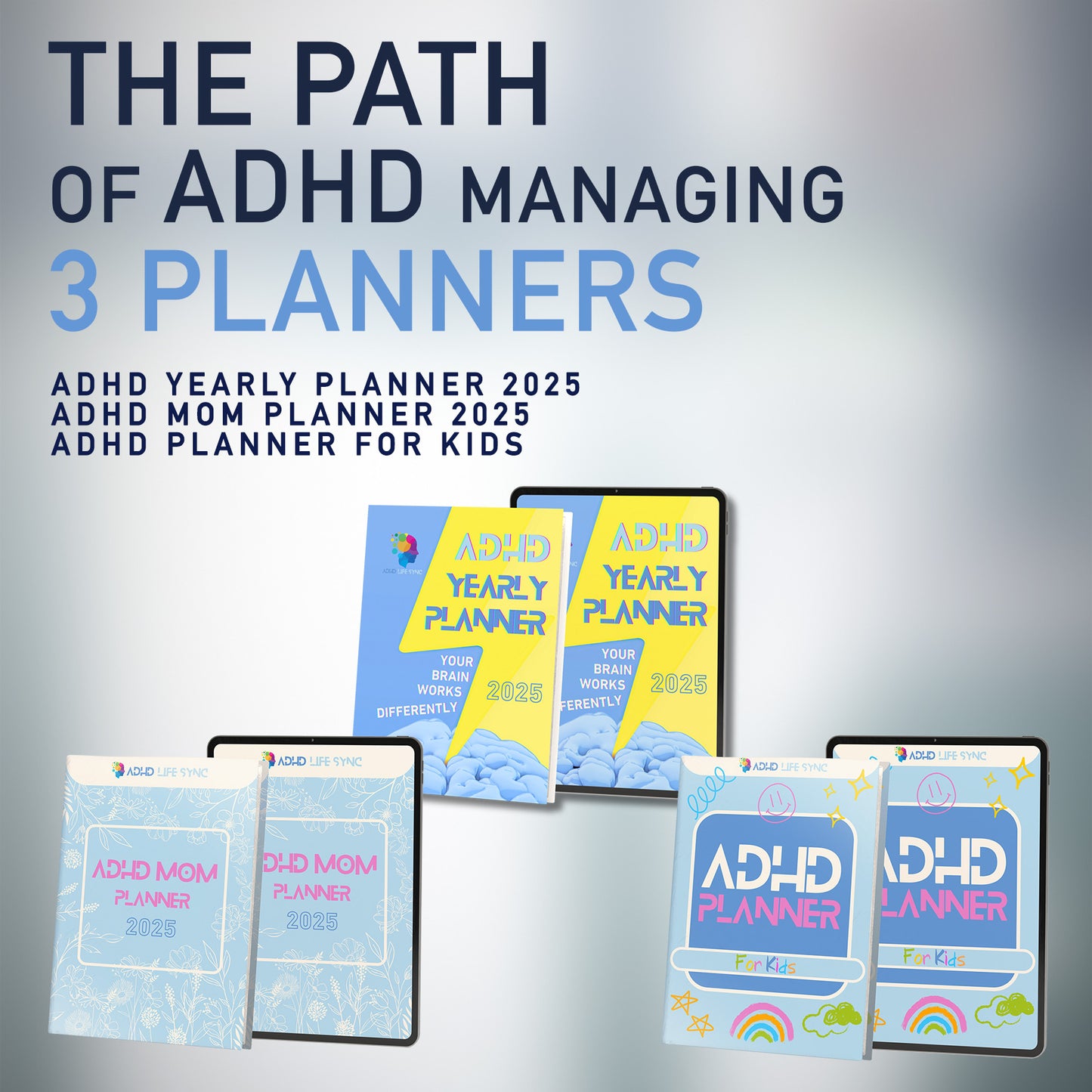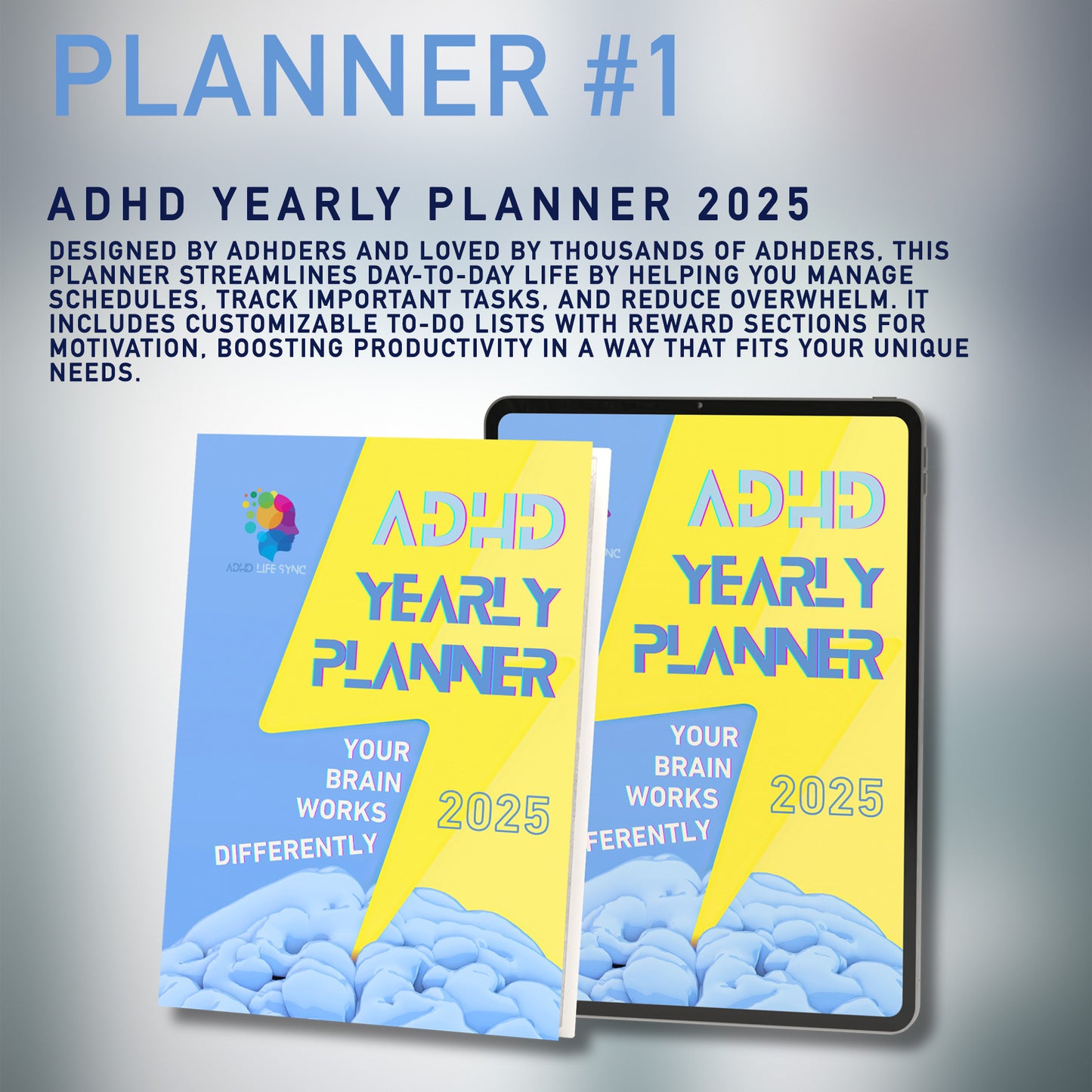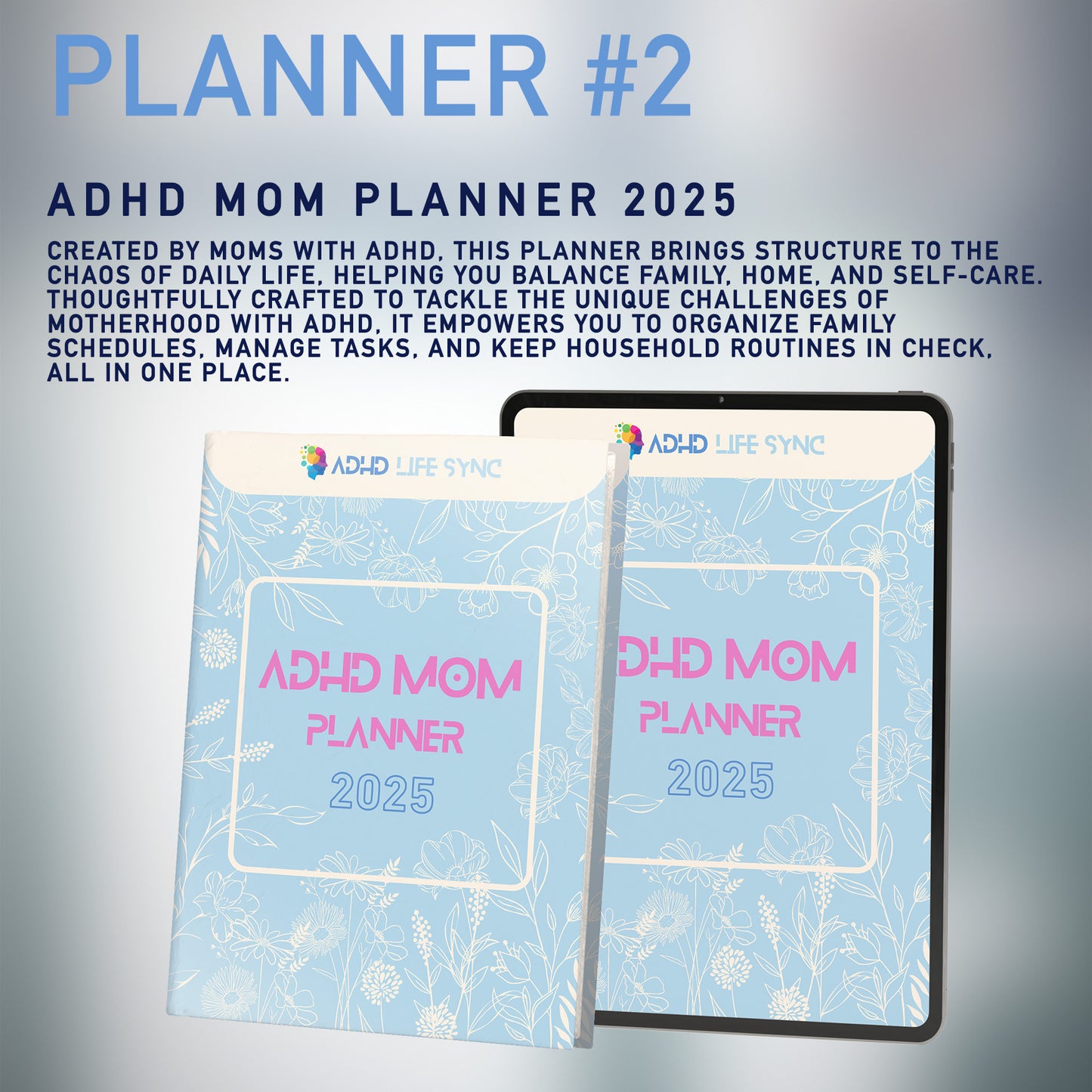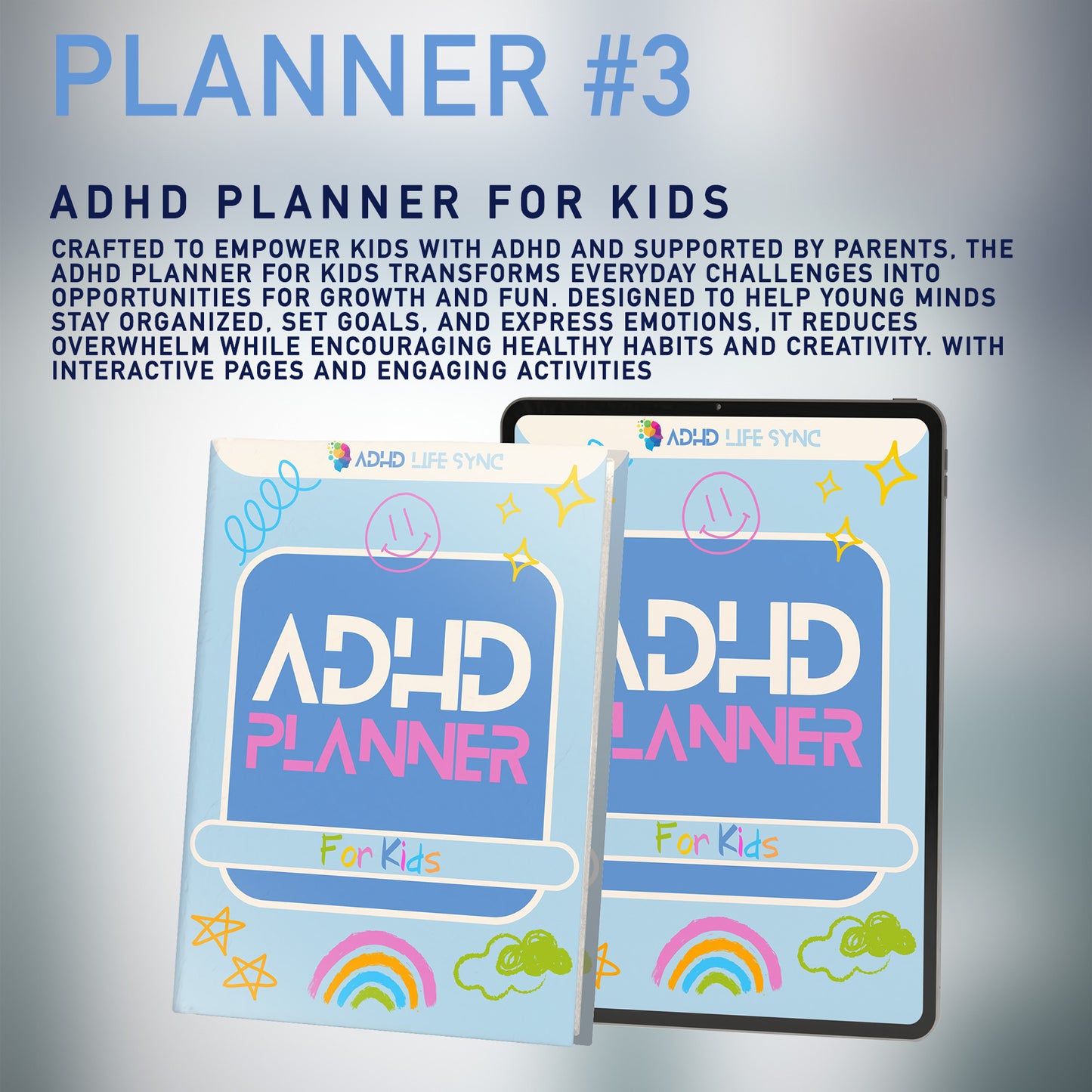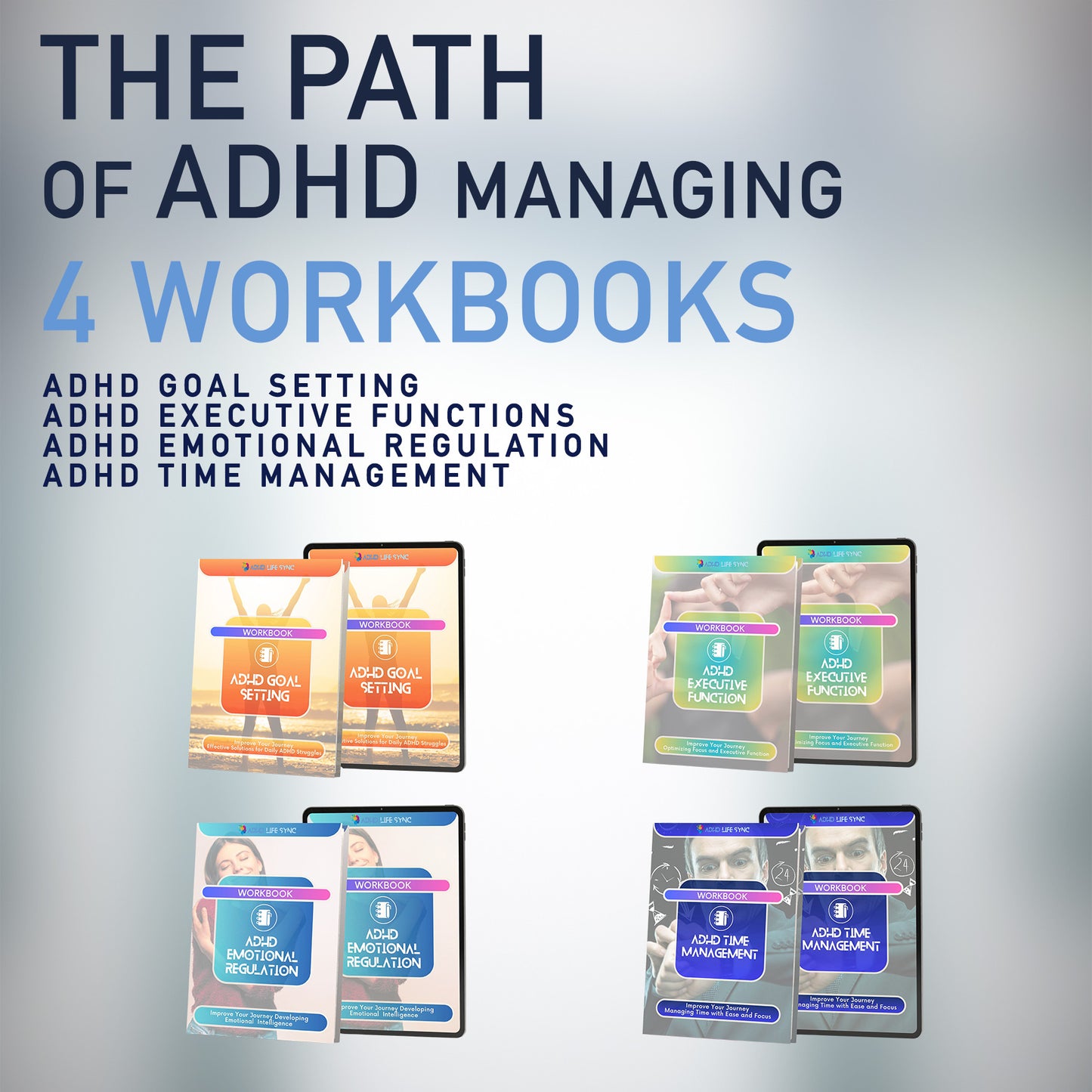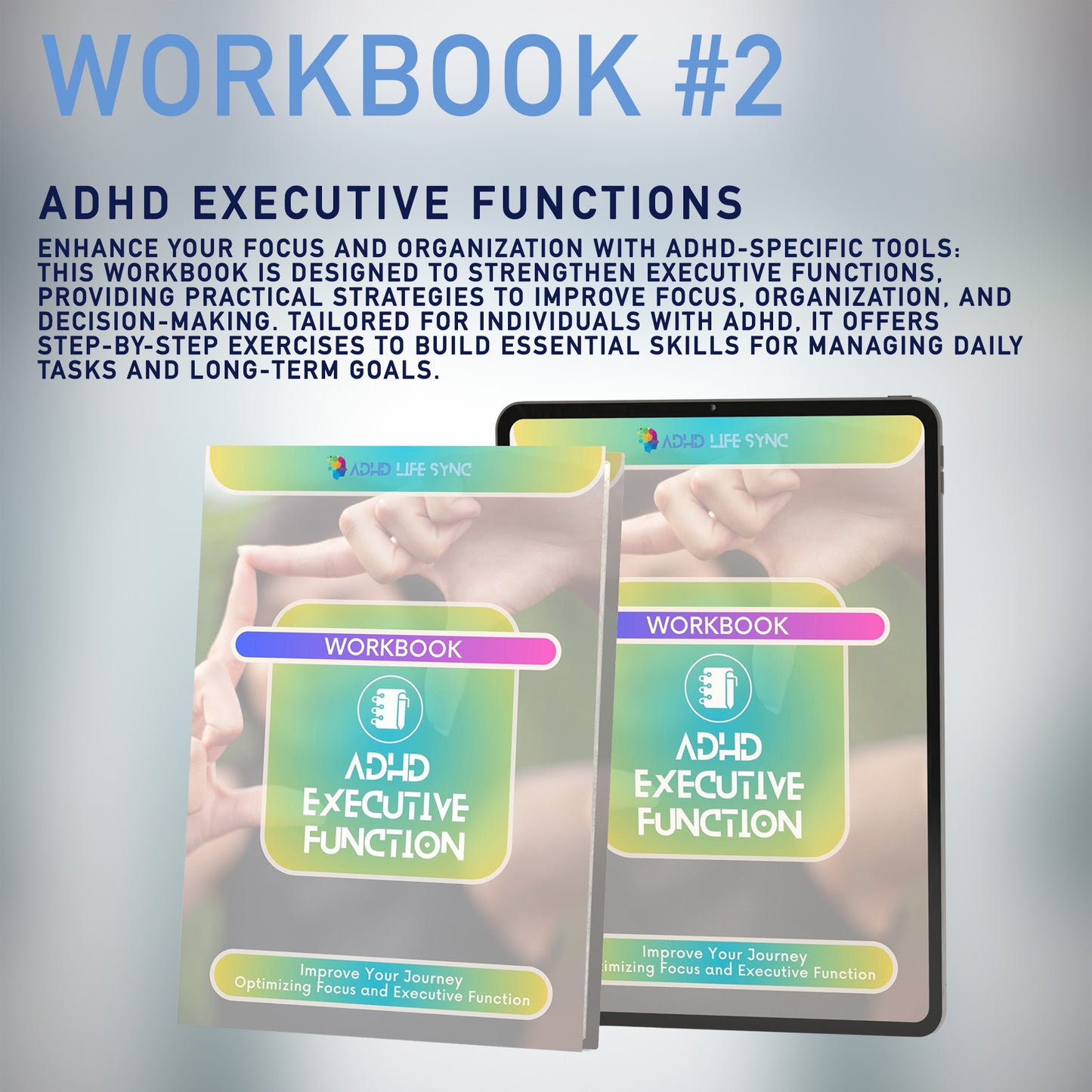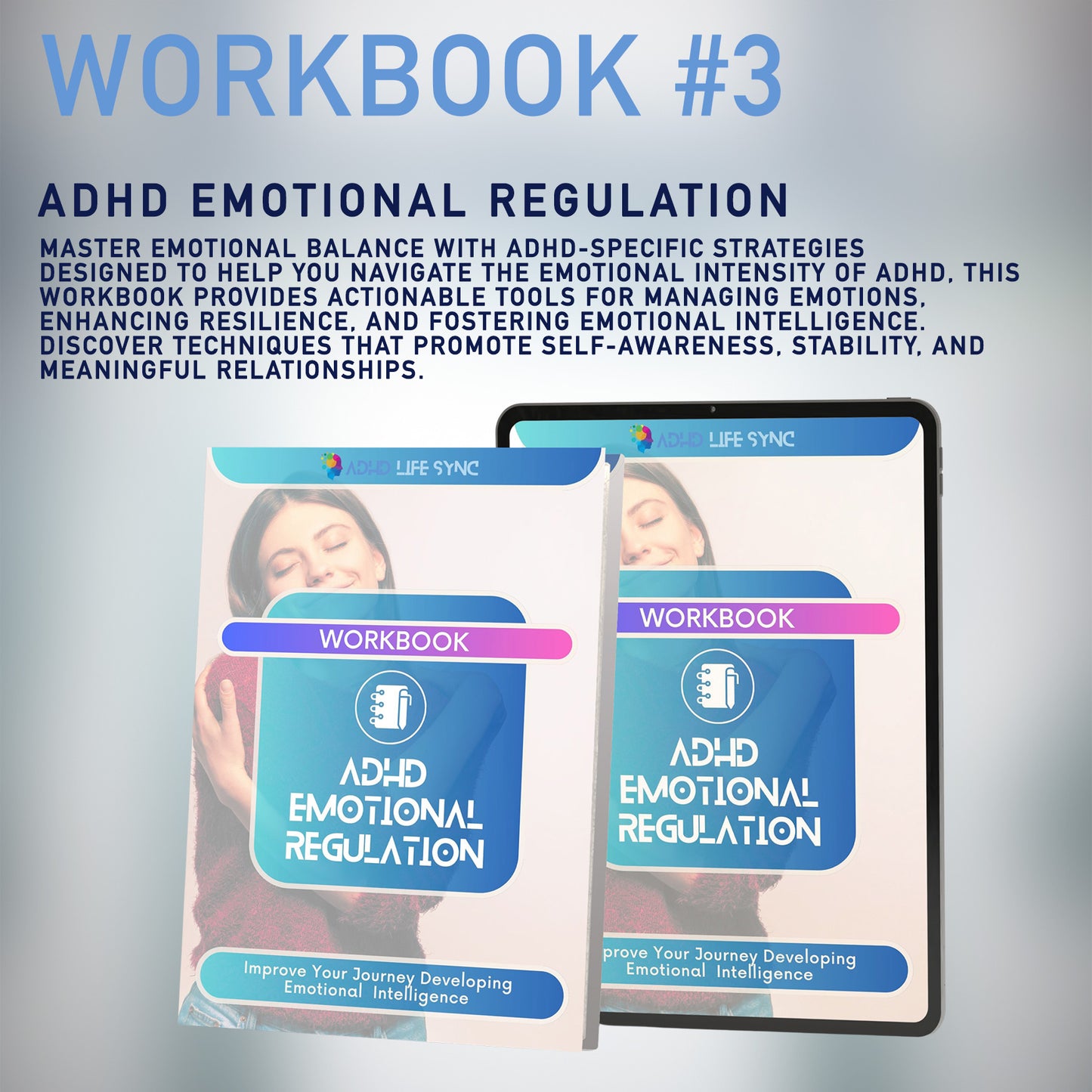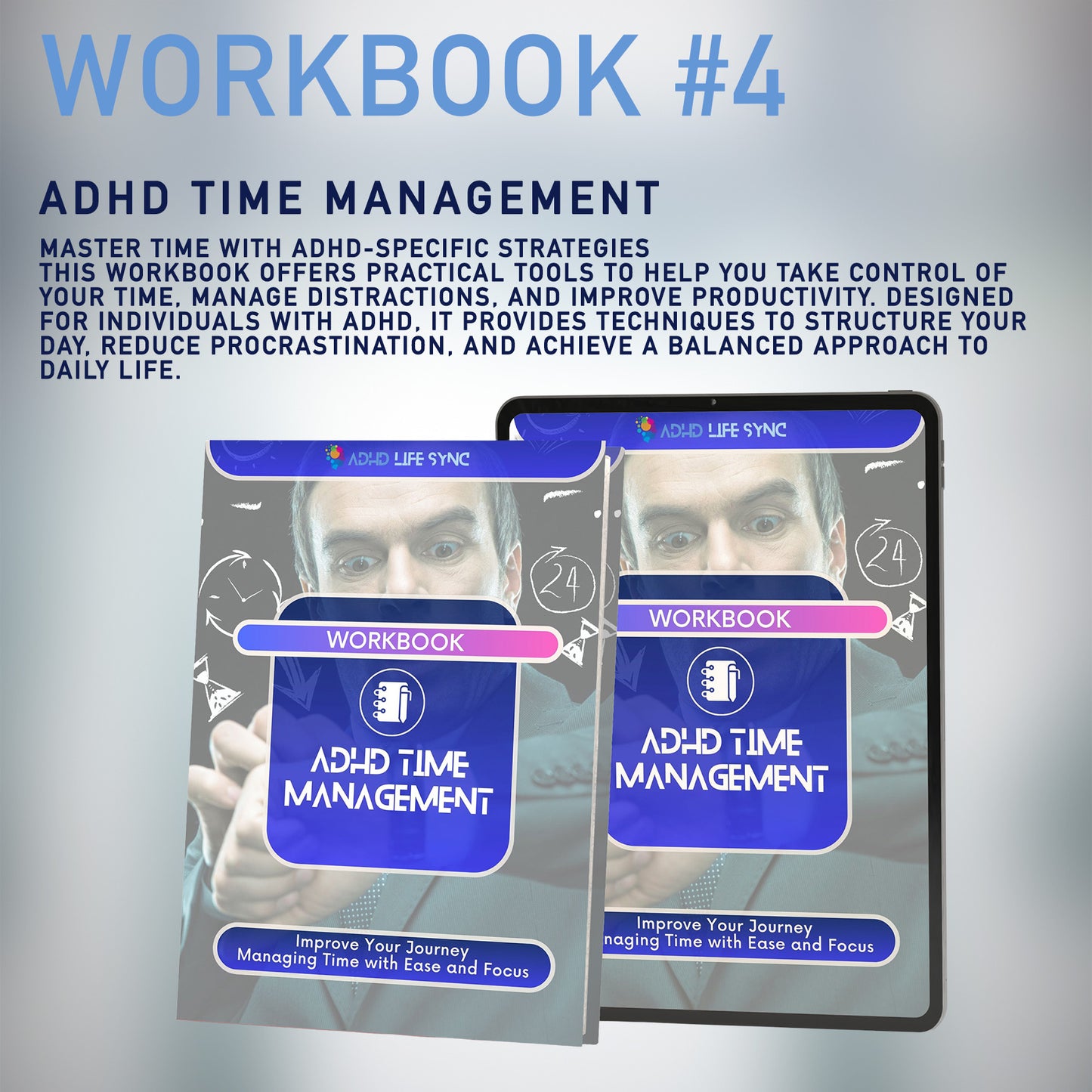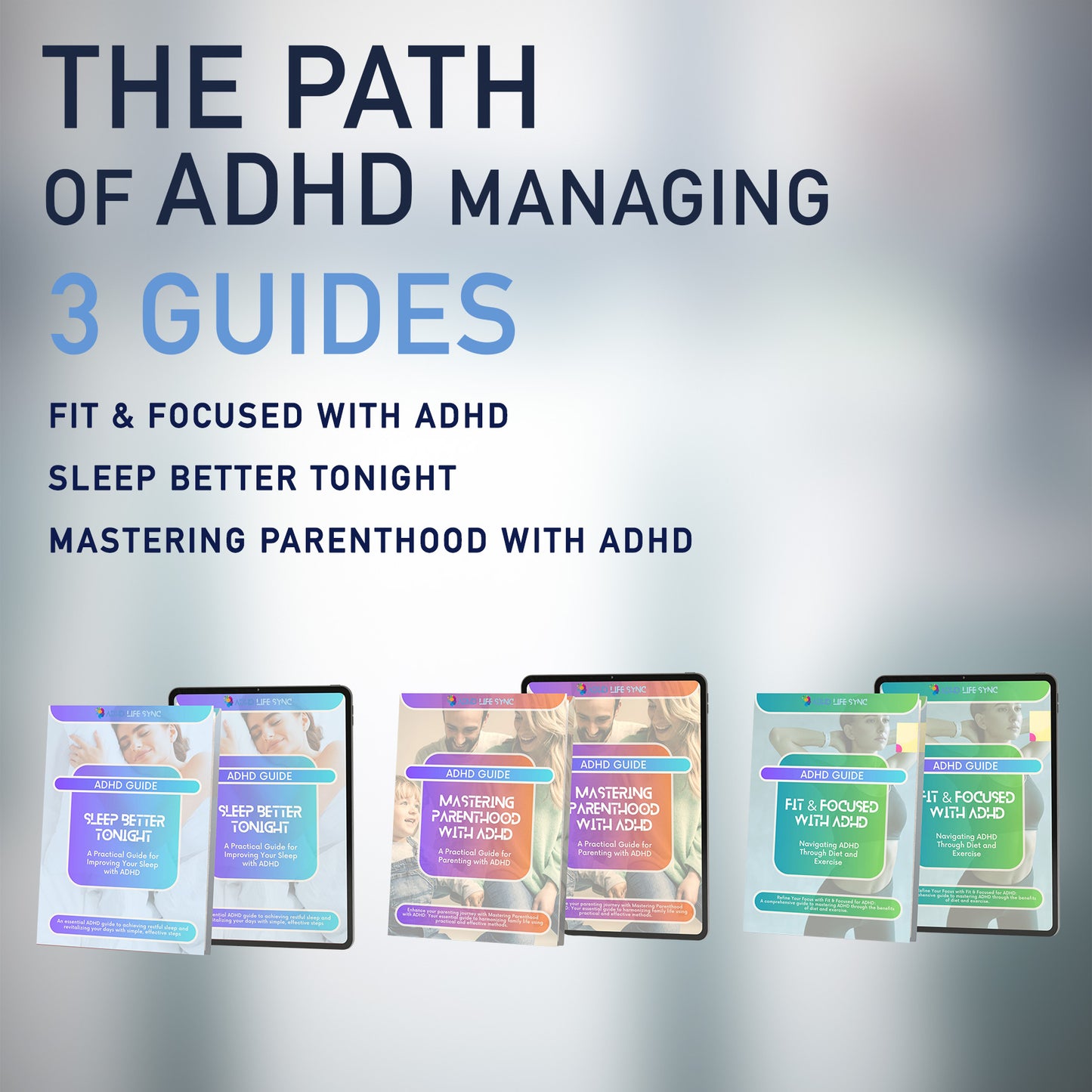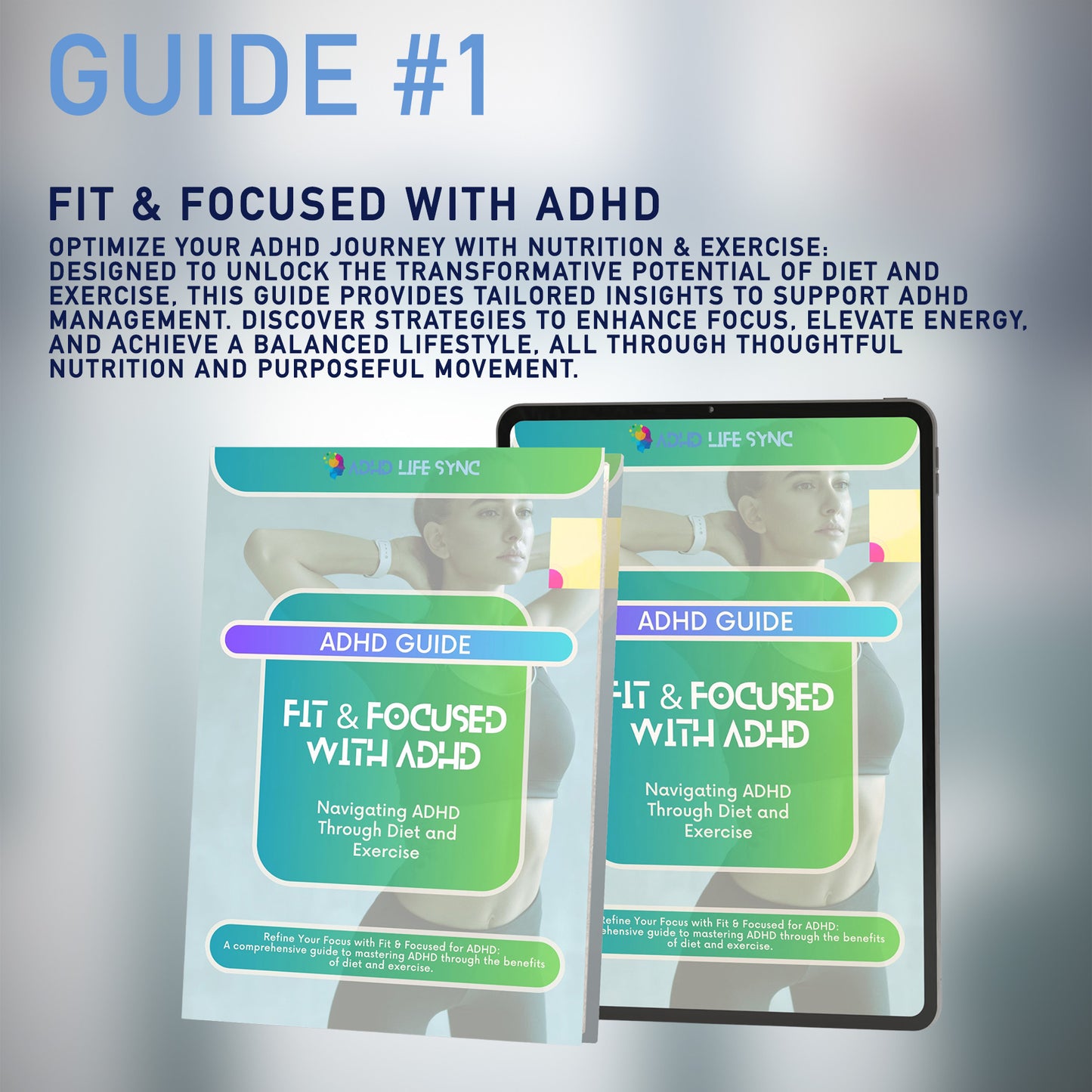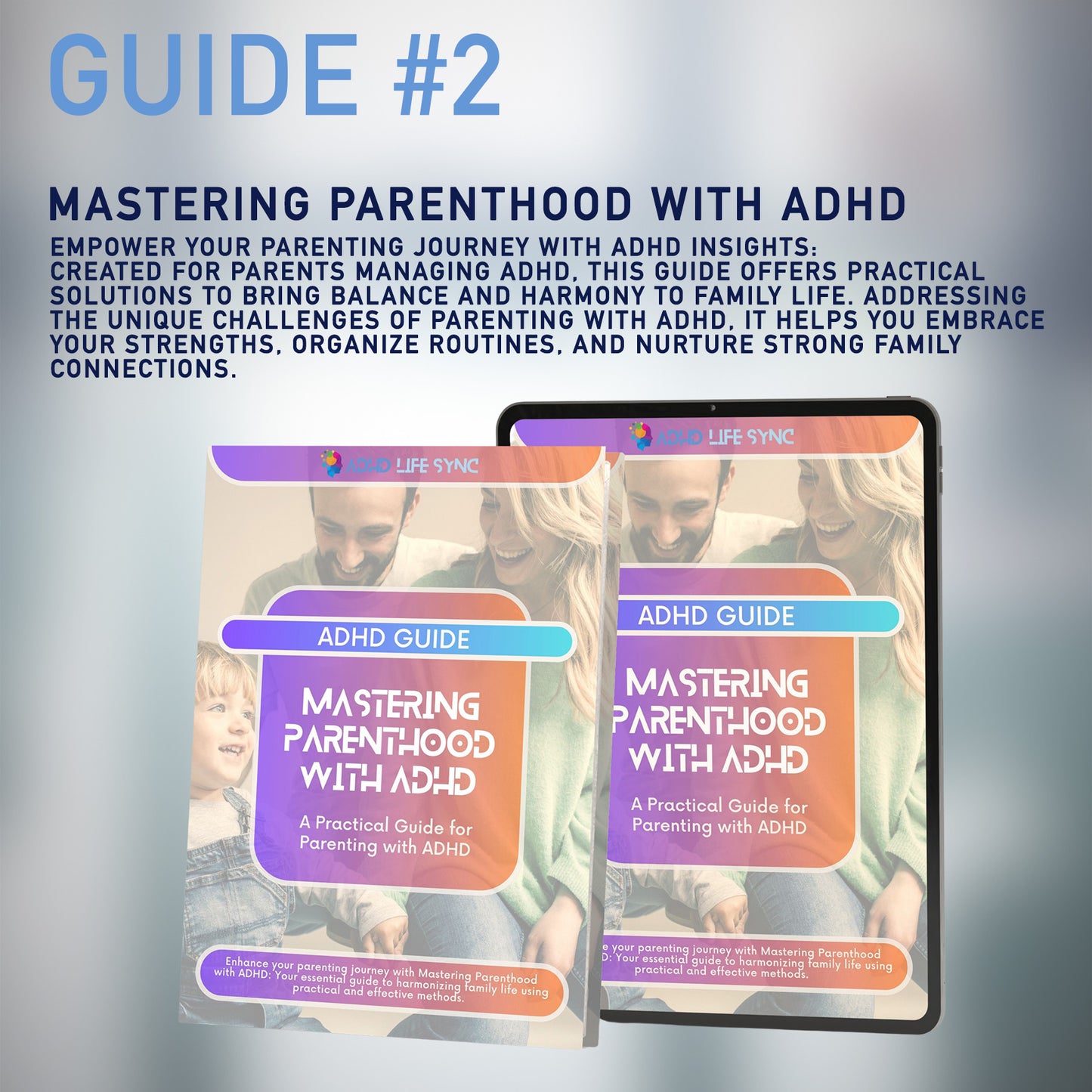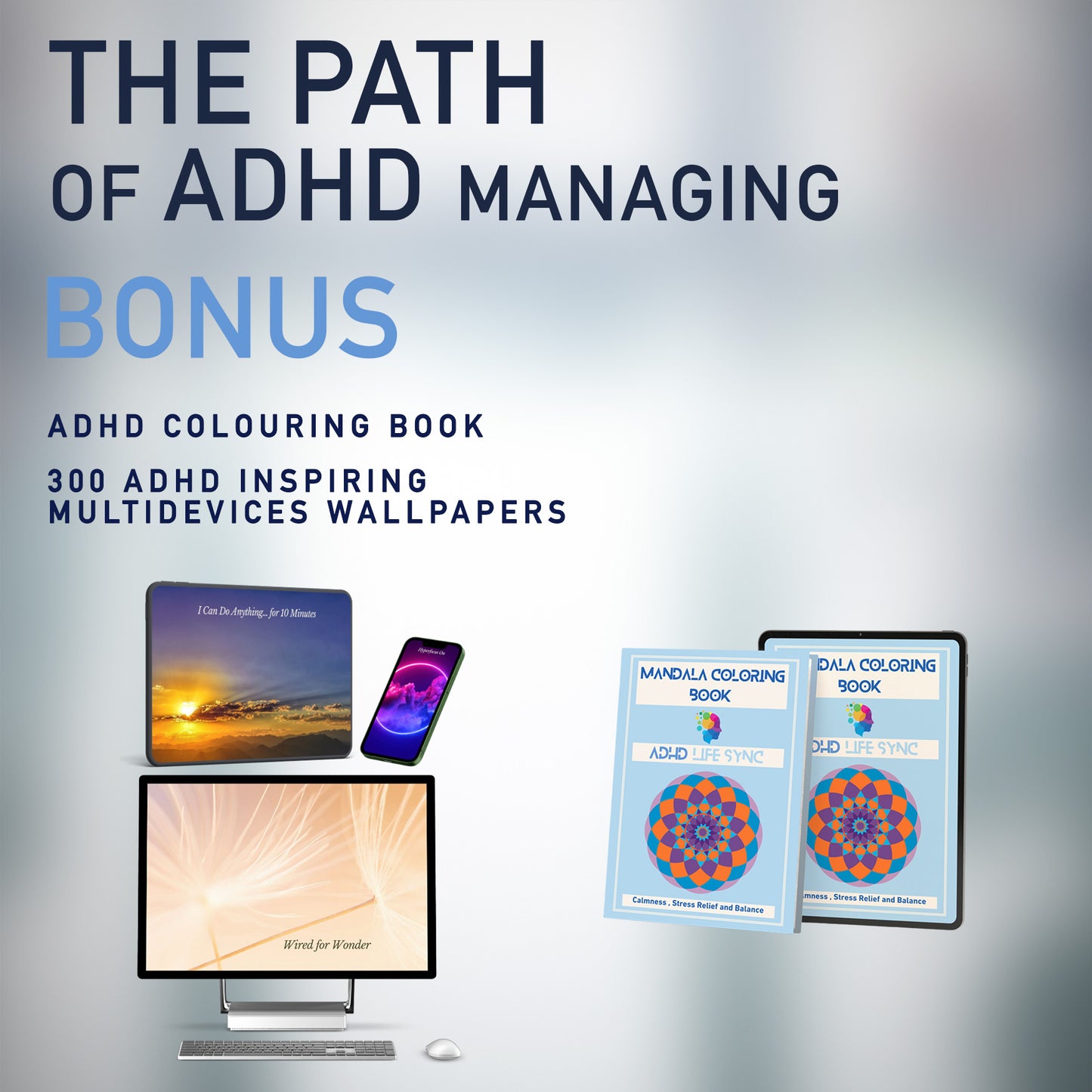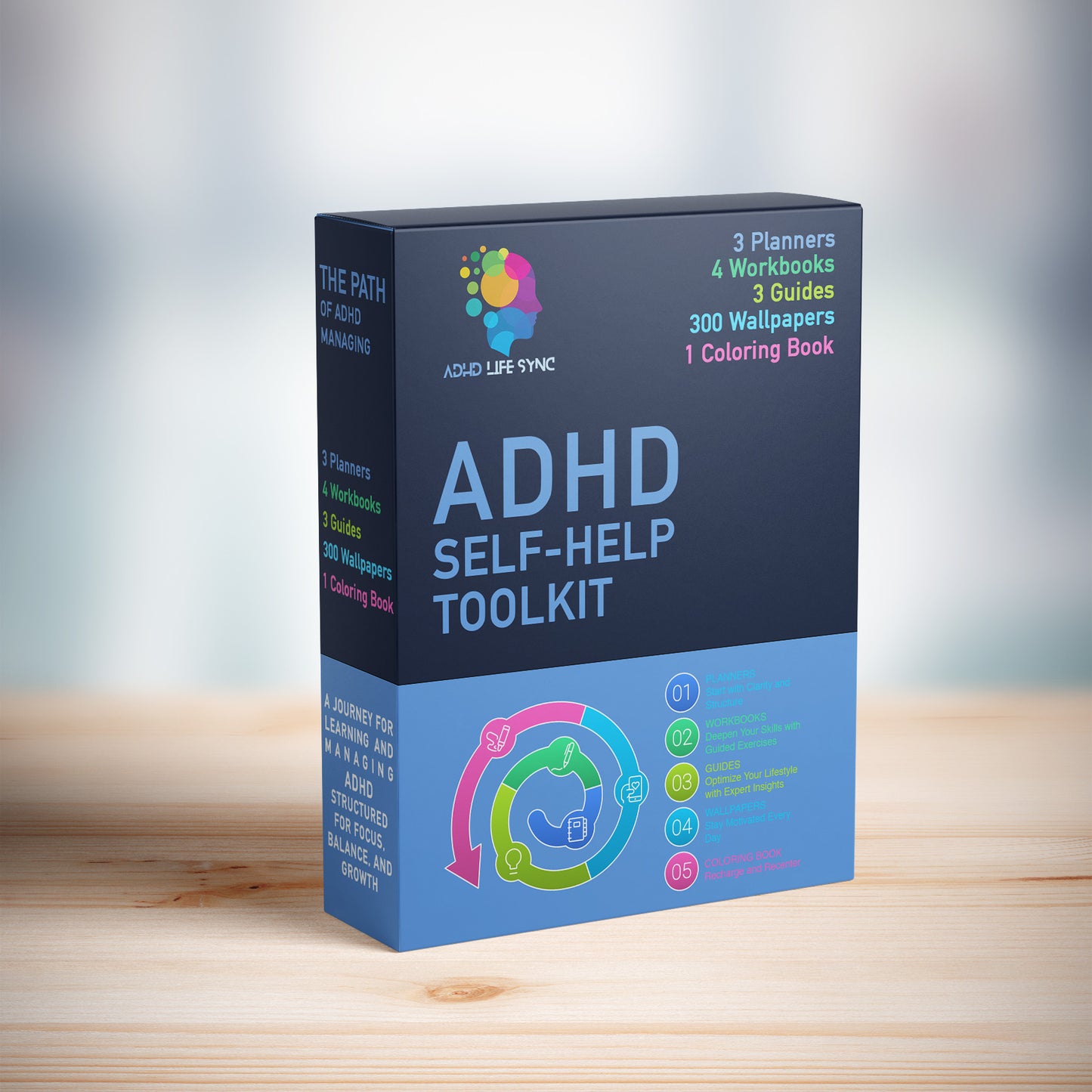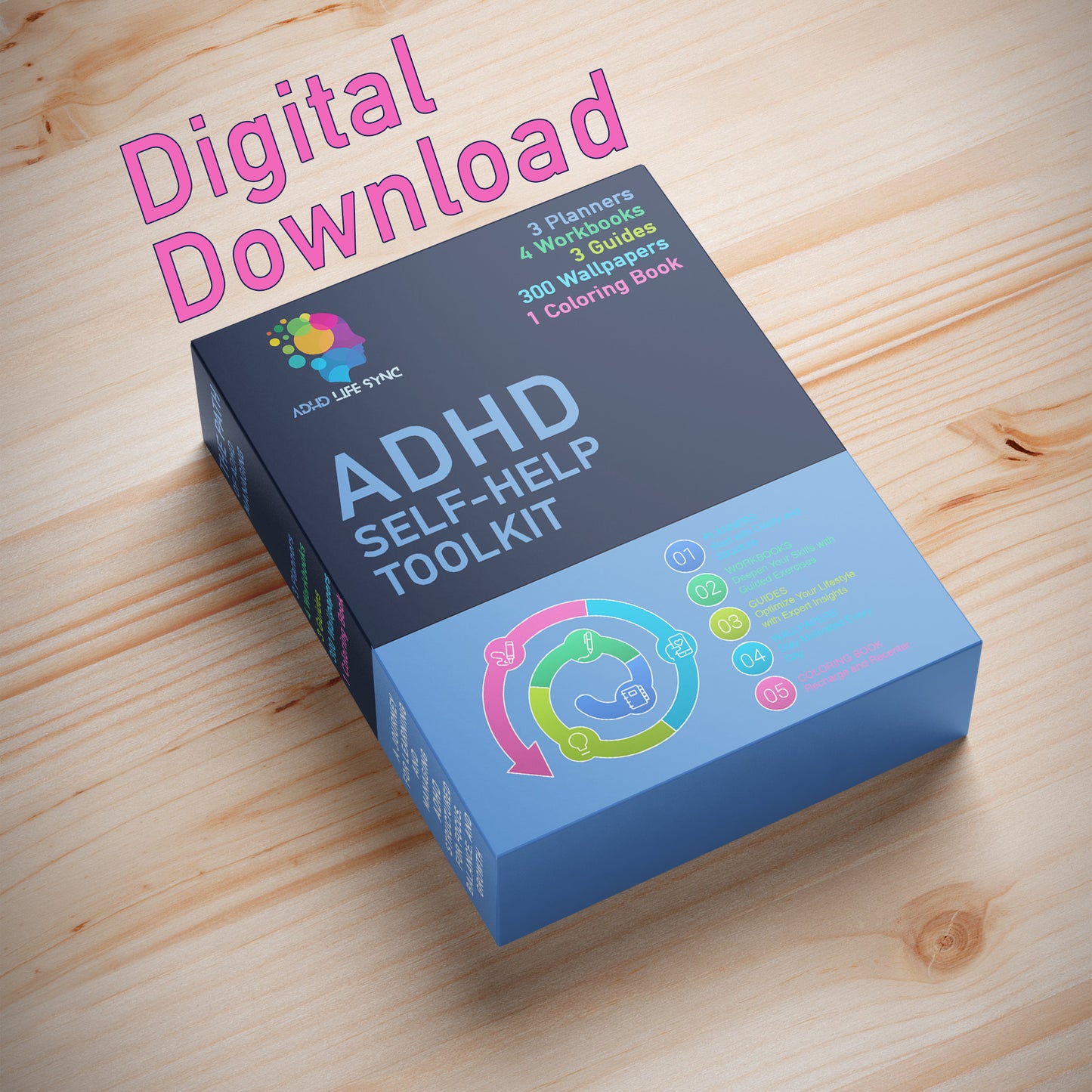
"UNDERSTANDING COMPLEX ADHD: DIAGNOSIS AND MANAGEMENT"
Complex ADHD: The term "complex ADHD" has recently emerged to describe a deeper understanding of Attention Deficit Hyperactivity Disorder (ADHD) and its broad spectrum, especially regarding its frequent co-occurrence with psychiatric, learning, or other developmental neurological disorders.
Prevalence of Comorbidities:
- Studies have shown that ADHD is often associated with other conditions.
- 80% of adults with ADHD have at least one other psychiatric disorder.
- 60% of children with ADHD have at least one comorbid condition.
Common Comorbid Conditions:
- Anxiety
- Tics
- Oppositional Defiant Disorder (ODD)
- Learning disorders
- Mood disorders
- Substance use disorders
Impact and Challenges:
- The co-presence of other conditions can complicate the diagnosis, treatment, and prognosis of ADHD.
- The interaction between ADHD and comorbidities can alter the presentation and severity of symptoms, making effective treatment more challenging and adversely affecting quality of life.
Importance of Recognition:
- Recognizing and understanding the "complexity" of ADHD is crucial for effective clinical management.
Detailed Exploration in Upcoming Posts:
- In the upcoming six posts, we'll dive into each of the conditions commonly associated with Complex ADHD, exploring Anxiety, Tics, Oppositional Defiant Disorder, Learning Disorders, Mood Disorders, and Substance Use Disorders in detail.
